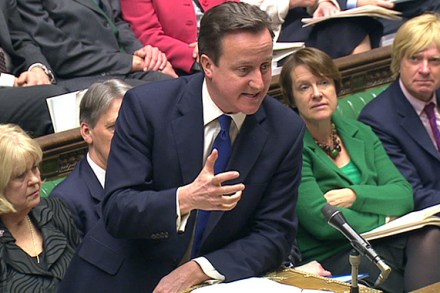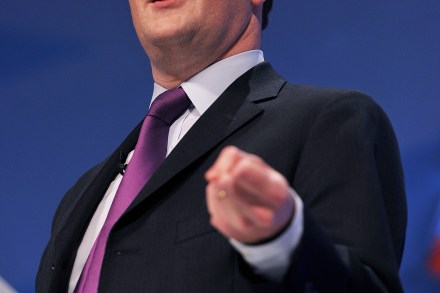No time to tinker
Next week, the Institute of Directors and the Taxpayers’ Alliance will release what I humbly suggest will be the most powerful summary of the case for radical supply-side reform in a generation. The report of the 2020 Tax Commission runs to 417 pages, choc full of academic literature showing how big government chokes growth, and looking at what the optimal size of the state is. Broadly speaking, government spending is about half the size of economic output now and the optimal size is about a third. The recommendations are not being released until Monday, but it opens a very timely debate, which I preview in my Telegraph column. Here are


















